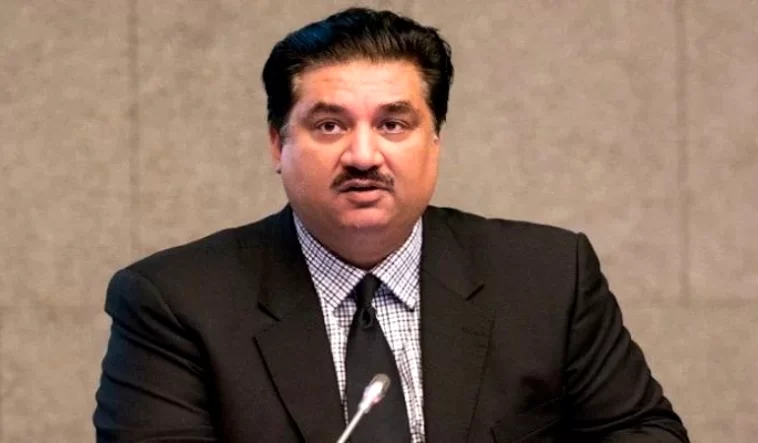The Pakistani government is reportedly close to reaching an agreement with the International Monetary Fund (IMF) as both parties have reached consensus on all issues. In order to avoid default, the country, which has an economy of $350 billion, has requested from the International Monetary Fund an installment of $1.1 billion.
The IMF’s negotiation team, headed by Nathan Porter, has been in Islamabad for discussions with the Pakistani government. After technical-level discussions between Pakistan and the IMF, the policy-level negotiations will begin today. The lender has imposed strict conditions on the country in various fields to improve its economy.
According to Federal Minister for Power Engineer Khurram Dastgir, the IMF team has not requested that the government reduce its defense budget. Instead, the team requested that the energy division reduce its losses. A request has also been made by the IMF to reduce line losses of electricity in the northern, southern, and western regions of the country.
Dastgir stated that the IMF has made it clear to Pakistan that it must get its financial house in order in light of the current economic turmoil. The country must enhance its tax revenues and reduce losses to meet the IMF’s requirements. Furthermore, Dastgir states that the international community is unwilling to show leniency to Pakistan, particularly following the withdrawal of the United States from Afghanistan.
Miftah Ismail, the former finance minister of Pakistan, has stated that Pakistan is facing tough times, but has a chance to survive. According to him, Pakistan has lost credibility with international players, which has had a significant impact on its economy.
According to the IMF’s assessment, Pakistan faces a primary deficit gap of 0.9% of GDP, mainly due to a decrease in tax revenues and an increase in expenditures. The Pakistani side, however, contends that the gap amounts to only 0.5 to 0.6% of the GDP, equivalent to Rs 400 billion to Rs 450 billion for the current fiscal year.
It is possible that the government and the IMF will agree to abolish the reduced electricity tariff for export-oriented sectors and link it to export proceeds. Considering that the textile industry sells 40% of its products on the domestic market, it should not receive subsidies on the price of power and gas that cover the entire production process.
The technical level of the talks between Pakistan and the IMF is expected to continue today, with the policy level of the talks expected to begin tomorrow. While disagreements still persist over the exact fiscal gap between the two parties, once the figure has been determined.


